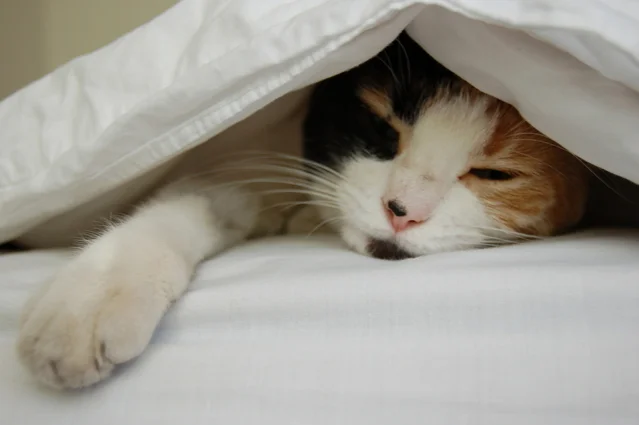I usually don't watch red carpet pre-shows for awards events, but this year I was excited to see the Golden Globes broadcast because of the "TimesUp" and "MeToo" movements. And it was definitely worth it. I was thrilled and inspired that important women's issues like discrimination, harassment, and abuse were being discussed on such a widely-viewed program.
Yet one thing hadn't changed. The hosts repeatedly said comments like these about women: "I'm standing here with the stunning...." "And next to you is your lovely wife...."
Men's looks were never mentioned, yet if an adjective was used to describe a woman, it always was about her attractiveness.
Obviously, this doesn't only happen on award shows. It is pervasive in our culture, and I believe it has a big impact on girls' and women's self-esteem, body image, sense of self-worth, confidence, and belief that they are deserving of love and power.
Every time we comment solely about a woman's looks, we are consciously and subconsciously telling not only ourselves, but also the woman, and anyone listening (or reading a social media comment!) that what really matters is how attractive she is or isn't.
So a couple of years ago I decided...
...to stop complimenting women only on their looks, and pay more attention to expressing what I appreciate in other ways.
At first this was difficult. A friend would post a photo of herself, and my immediate impulse was to type something like "Beautiful!" or "Gorgeous!" It took a while for me to discover what else I could say that felt authentic.
Also, I was concerned that if I didn't compliment a woman's looks, she'd think I was saying she was unattractive. That's how strong this pattern is for many of us—if you don't say something positive, then it must be something negative, right?
This is an opportunity to truly see people.
A client of mine is a writer, and she has mentioned that she excels in her ability to observe people. I discovered this first-hand when she saw a photo of my mom, and said, "She has a thoughtful and intelligent face."
This is a perfect description of my mother, but it never would have occurred to me. And when I shared the comment with my mom, she paused for a moment and then smiled. I could tell it meant something to her.
This made me want to pay more attention to what I see, and discover words to help me express what I appreciate.
Here are some complimentary adjectives I've fallen in love with:
- Bold, fierce, powerful, strong, courageous, free
- Excited, radiant, jubilant, glowing, sparkling
- Happy, joyous, content, peaceful, loving, serene, calm
Let's include men.
This post is focused on girls and women because I believe that this is where the biggest issues lie. Yet I have worked with many male clients about their self-esteem issues relating to their looks. So let's find other ways to compliment the guys, too.
Two special circumstances:
1) Your children.
This may be surprising to you, because of the awareness that complimenting children on their attractiveness can make them feel that their looks are all that matter.
Yet I have worked with clients whose well-intentioned parents never complimented them on their looks. These children decided they must be really unattractive, and this negatively affected their sense of self-worth, even into adulthood.
So in my opinion, it can be helpful to compliment your child on his or her looks, but only occasionally. (For more about healthy ways to praise kids, you may want to check out this great post by childhood development expert Renee Jain: Stop Saying, ‘You’re So Smart!’ 3 Better Ways to Praise Kids.)
2) Your Lover
Definitely tell your romantic partner that they are hot, sexy, beautiful, gorgeous, desirable.... you get the picture.
But make sure these aren't the only compliments you give.
An older client complained to me, "My husband is always telling me how attractive I am. So what? It makes me feel like when I was in high school in the fifties, and the only thing people valued about me was my looks. Tell me you appreciate how intelligent I am! Tell me you admire my courage. And mean it!"
Do you wanna join me?
I hope so! And if you start shifting how you compliment girls and women (and yes, boys and men), I'd love to hear what the experience is like for you.











